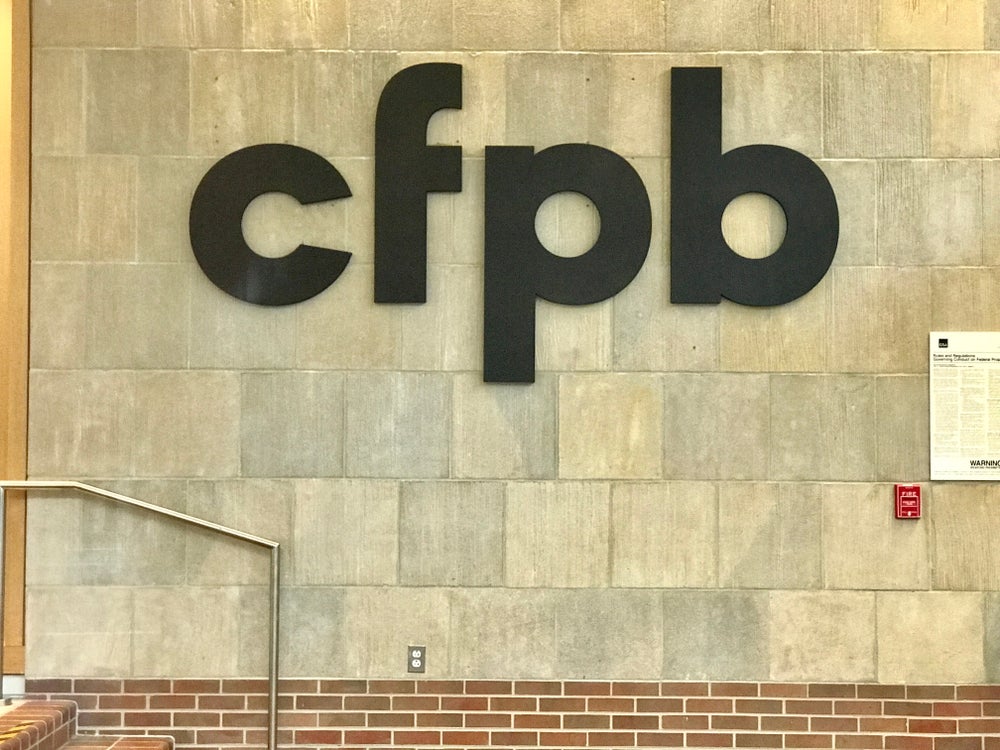
The Consumer Financial Protection Bureau (CFPB) has kicked off a rulemaking process to remove medical bills from Americans’ credit reports. The CFPB proposals would help families financially recover from medical crises, stop debt collectors from coercing people into paying bills they may not even owe, and ensure that creditors are not relying on data that is often plagued with inaccuracies and mistakes.
“Research shows that medical bills have little predictive value in credit decisions. Yet tens of millions of households are dealing with medical debt on their credit reports,” said CFPB Director Rohit Chopra. “When someone gets sick, they should be able to focus on getting better, rather than fighting debt collectors trying to extort them into paying bills they may not even owe.”
The CFPB note that roughly 20% of Americans report having medical debt. But previous research by the CFPB has shown that medical billing data on a credit report is less predictive of future repayment than reporting on traditional credit obligations. Mistakes and inaccuracies in medical billing are common. Moreover, they can be compounded by problems such as disputes over insurance payments or complex billing practices.
The Fair Credit Reporting Act restricts creditors’ ability to use medical information in making credit decisions. It also places limits on the inclusion of medical information on credit reports. The FCRA also granted five financial regulators authority to create regulatory exemptions restricting creditors’ use of medical information. In 2005, those regulators created an exception to allow creditors to rely on medical data if it could be characterised as “financial information.”
CFPB proposals
- Remove medical bills from consumers’ credit reports.
Consumer reporting companies would be prohibited from including medical debts and collection information on consumer reports that creditors use in making underwriting decisions.
- Stop creditors from relying on medical bills for underwriting decisions
The proposal would narrow the 2005 exception and prohibit creditors from using medical collections information when evaluating borrowers’ credit applications.

US Tariffs are shifting - will you react or anticipate?
Don’t let policy changes catch you off guard. Stay proactive with real-time data and expert analysis.
By GlobalData- Stop coercive collection practices
Debt collectors would be unable to use the credit reporting system as leverage to pressure consumers into paying questionable debts.
The proposal would not stop creditors from obtaining medical bill information for other purposes. Examples include verifying the need for medical forbearances, or evaluating loan applications to pay for medical services.
Proposals will impact underwriting, tighten credit: Joann Needleman
But one of the first industry experts to comment expressed caution as regards the CFPB proposals.
Joann Needleman is head of Clark Hill’s financial services regulatory and compliance practice and is a former member of the CFPB Consumer Advisory Board.
Needleman leads the firm’s financial services regulatory and compliance practice and advises banks, financial institutions, and financial services entities on regulatory compliance matters.
She told RBI: “The CFPB has no authority to write rules to ban medical debt. It would need to amend the Fair Credit Reporting Act (FCRA). The proposal to require furnishers to investigate “systemic issues” is unclear and not measurable.
In addition, expanding FCRA reach to data brokers requires expanding the definition of who is a credit reporting agency. Nobody likes data brokers and ultimately it will result in many exiting the space. This will only make the big three CRAs bigger. Ultimately, these proposals are going to impact underwriting and tighten credit for those that may need it the most.”







